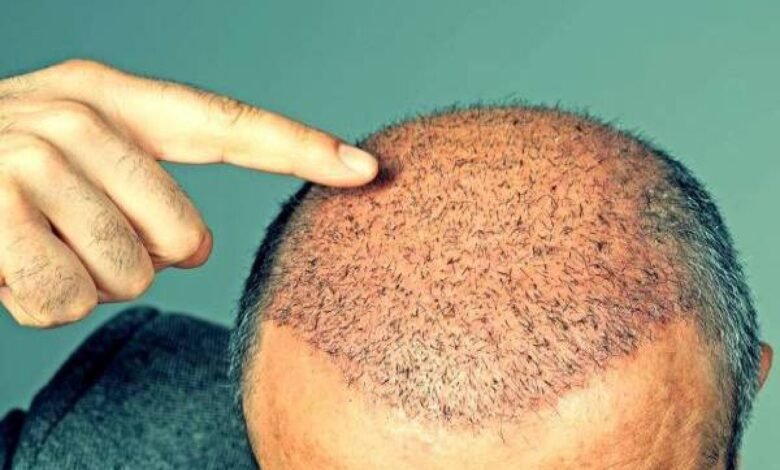Hair Transplant Infection: Everything You Need To Know

Is infection a common complication of hair transplant surgery, or is it more likely with other types of surgery? What are the most telling symptoms, and how can we avoid them?
A pathogen’s entry into and subsequent multiplication within the host causes an infection. Microbes that cause illness are known as pathogens. Surgery increases the risk of infection because cuts and wounds provide entry points for these microorganisms.
The procedure gets contaminated when bacteria or viruses enter the body through the scalp incisions made during a hair transplant. The hair transplant infection can happen at either the treatment site (where the hair follicles were implanted) or the donor site (where the hair follicles were removed for transplantation) on the scalp.
The Risk of Infection Following a Hair Transplant: How High Is It?
There is almost no chance of infection following a hair transplant. The National Institutes of Health reports that infections following hair transplants occur in less than 1% of patients. No surgical procedure can exclude the possibility of infection following surgery.
The risk of hair transplant infection is slightly higher with FUT hair transplants than with FUE hair transplants. Hair follicles are extracted from a small section of tissue in the back of the head and transplanted to the parts of the scalp where baldness occurs. This procedure is called FUT. On the other hand, FUE involves the individual extraction of hair follicles from the donor location and their subsequent transfer to balding regions of the scalp. Consequently, infections can more easily enter the body through the wider wound that FUT creates in the scalp compared to FUE.
What Are Some Ways to Avoid Contracting an Infection?
Visit an Authorised Facility for Your Hair Transplant
Having a skilled surgeon at a certified and respectable facility execute your hair transplant is the surest approach to lessen the likelihood of infection following the procedure. These clinics will achieve the greatest outcomes because they adhere to strict sanitary requirements. In addition to providing excellent aftercare, reputable clinics will schedule follow-up appointments so that your surgeon can examine your scalp and look for symptoms of infection. Reading reviews written by previous patients is a great way to gauge a clinic’s quality.
Pay Attention to the Pre- and Post-Operational Care Guidelines
Your surgeon will give you specific instructions in the weeks leading up to and after your hair transplant. If you follow all of these steps, you can reduce your chance of getting hair transplant infection.
Do Not Pick At Your Scabs Or Scratch Your Scalp
You might feel tempted to scratch your itching scalp in the days after your hair transplant. Patients must strictly refrain from any action that can cause damage to the scalp, including touching, rubbing, or scratching. It is also important that patients wait 24 hours after surgery before shampooing or brushing their hair. Damage to your newly done hair (undoing the procedure’s effects) and hair transplant infection (from microorganisms transferred to the scalp cuts) could arise from picking at scabs or scratching the head.
Conclusion
Quickly, in response to client demand, our first hair transplant clinic in London opened its doors to the public. We set up shop in four convenient locations throughout London—Harley Street, Mayfair, Maida Vale, and Essex—to ensure our clients could easily reach us. Clients began the long journey from Manchester and Birmingham to our Harley Street London hair transplant clinic shortly after we opened for business.




